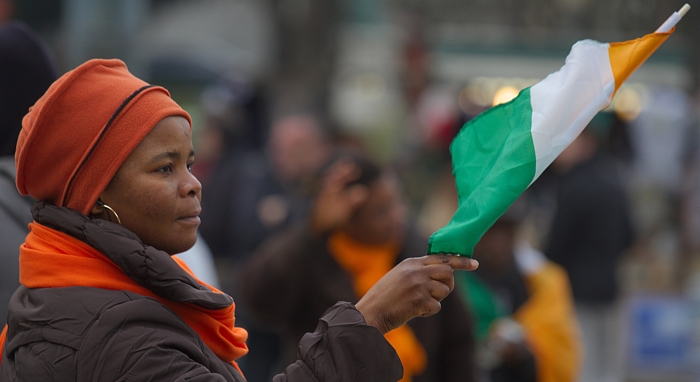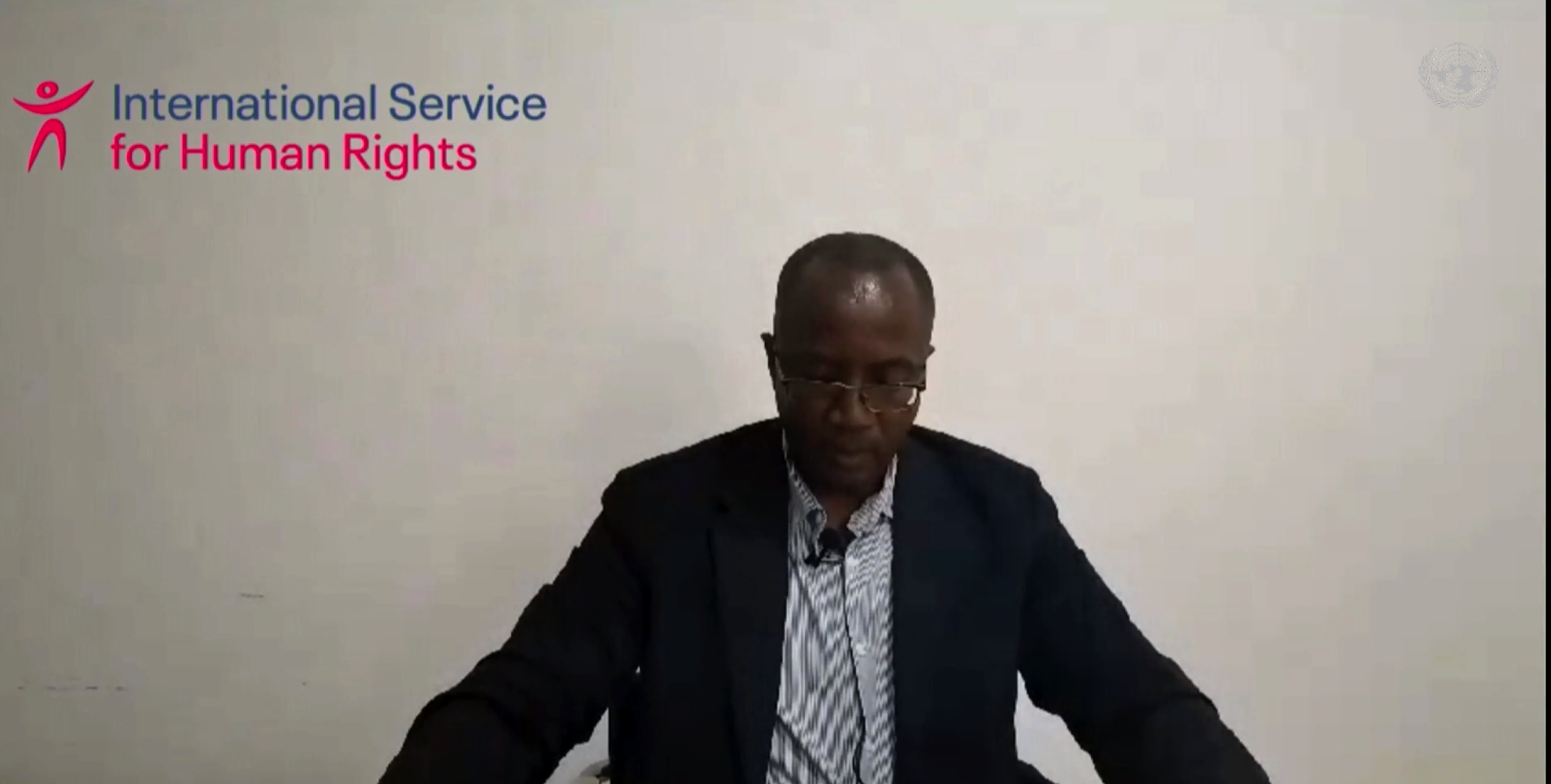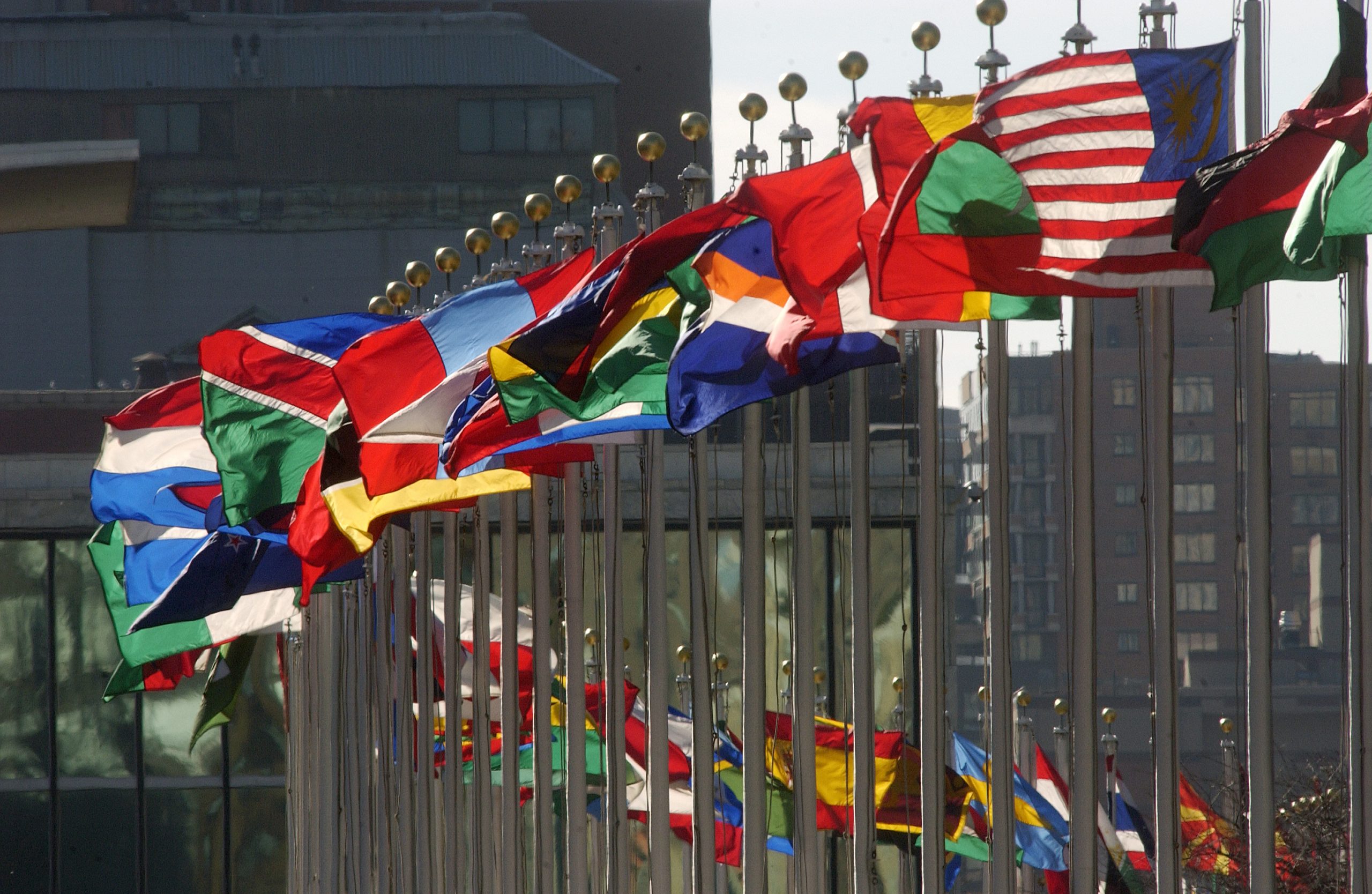As part of the 33rd session of the Universal Periodic Review (UPR), the Republic of Cote d`Ivoire will receive recommendations on measures it ought to take to strengthen human rights protections.
In its last UPR in 2014, Cote d’Ivoire accepted the sole recommendation made on protecting the rights of human rights defenders and calling on the State to ensure the adoption and implementation of a law on the protection of defenders.
Despite accepting this recommendation and the law being adopted the following year, human rights defenders, journalists and activists continue to face threats and attacks – including physical violence, arbitrary detention and intimidation. Defenders of the rights of LGBTI people, as well as women human rights defenders who challenge societal gender norms, are especially targeted and ostracised. We call on Cote d’Ivoire to implement the commitments made to protect these individuals from threats or attacks.
ISHR, along with The Ivorian Coalition on Human Rights (CIDDH) published a briefing paper on the situation of human rights defenders in Cote d’Ivoire. The briefing paper calls on the Cote d’Ivoire Government to ensure the full and effective implementation of law 2014-388 through the establishment of a protection mechanism to monitor its implementation as provided by the implementation decree. ISHR and the CIDDH also call on Cote d’Ivoire to:
• Ensure the compliance of the National Human Rights Institution of Cote d’Ivoire with the Paris Principles
• Investigate all attacks against human right defenders and hold perpetrators accountable
• Protect defenders working in areas like the extractive business
• Adopt policies that protect women human rights defenders especially those working on sensitive issues
At the UPR pre-session on 2 April 2019 – where civil society is given a platform to present information on the human rights situation in the country and to inform States on recommendations to be made to Cote d’ Ivoire – three organisations echoed calls made in ISHR’s briefing paper:
• Amnesty International Cote d’Ivoire raised the issue of discrimination facing members of the LGBTI community. Although there are no laws criminalising LGBTI persons, Amnesty International urged the government to do more to protect members of the LGBTI community from the discrimination and threats that they face.
• The Association of Female Jurists of Cote d’Ivoire called on the government to do more to protect women from violence especially women defenders fighting against gender inequality and female genital mutilation.
• The UPR Monitoring committee raised the issue of defenders in sensitives areas like the mining industries and the threats that they face. The UPR monitoring committee recommended that Cote d’Ivoire enact laws to protect these defenders.




